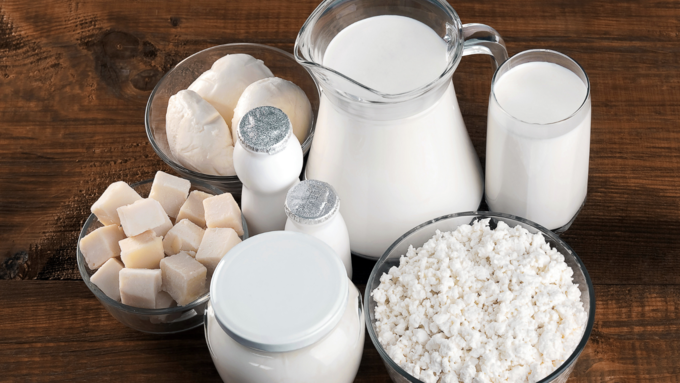Recommended daily intake

The amount of milk intake varies according to age, sex, medical condition and nutritional needs. The World Health Organization provides some recommendations as an average minimum intake.
Based on them, not only milk, but all milk-based products are recommended.
1.5 cups (12 ounces) per day is sufficient. Add yogurt, cheese and paneer.
For boys

Babies and children have slightly higher calcium needs than adults.
As bones and teeth are growing, their calcium requirements vary. Therefore, children need a little more milk and milk products than adults.
Complete diet

It is very wrong to think that calcium is only available from milk. We can get calcium from many other foods.
You may want to reduce the amount of milk and milk products if you consume calcium-rich leafy vegetables, greens, plant-based milks (almond milk, oat milk), fish foods, bone soup, etc. in your daily diet.
Medical conditions

People with lactose intolerance and lactose intolerance should avoid milk and milk products completely.
Instead, you can add other calcium-rich vegetables to your daily diet.
Increase cholesterol

Moderate consumption of milk and milk products is good for health.
Milk and milk products are rich in powerful nutrients. But saturated fat is high when consumed in excess. It is best for people with cholesterol problems to reduce the amount of milk and milk products.
Just the right size

The amount of milk that should be consumed may also vary depending on the individual’s medical condition, age, physical condition, and exercise.
If you are unsure about how much milk and milk products you should consume, consult a nutritionist or your doctor.
What can be eaten instead?

For those who don’t want to consume too much dairy products, they can substitute some to provide the same nutritional value.
In particular, instead of cow’s milk, substitutes such as soy milk, almond milk, oat milk, which are extracted from plants, can be taken.









